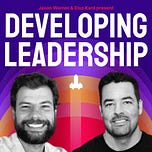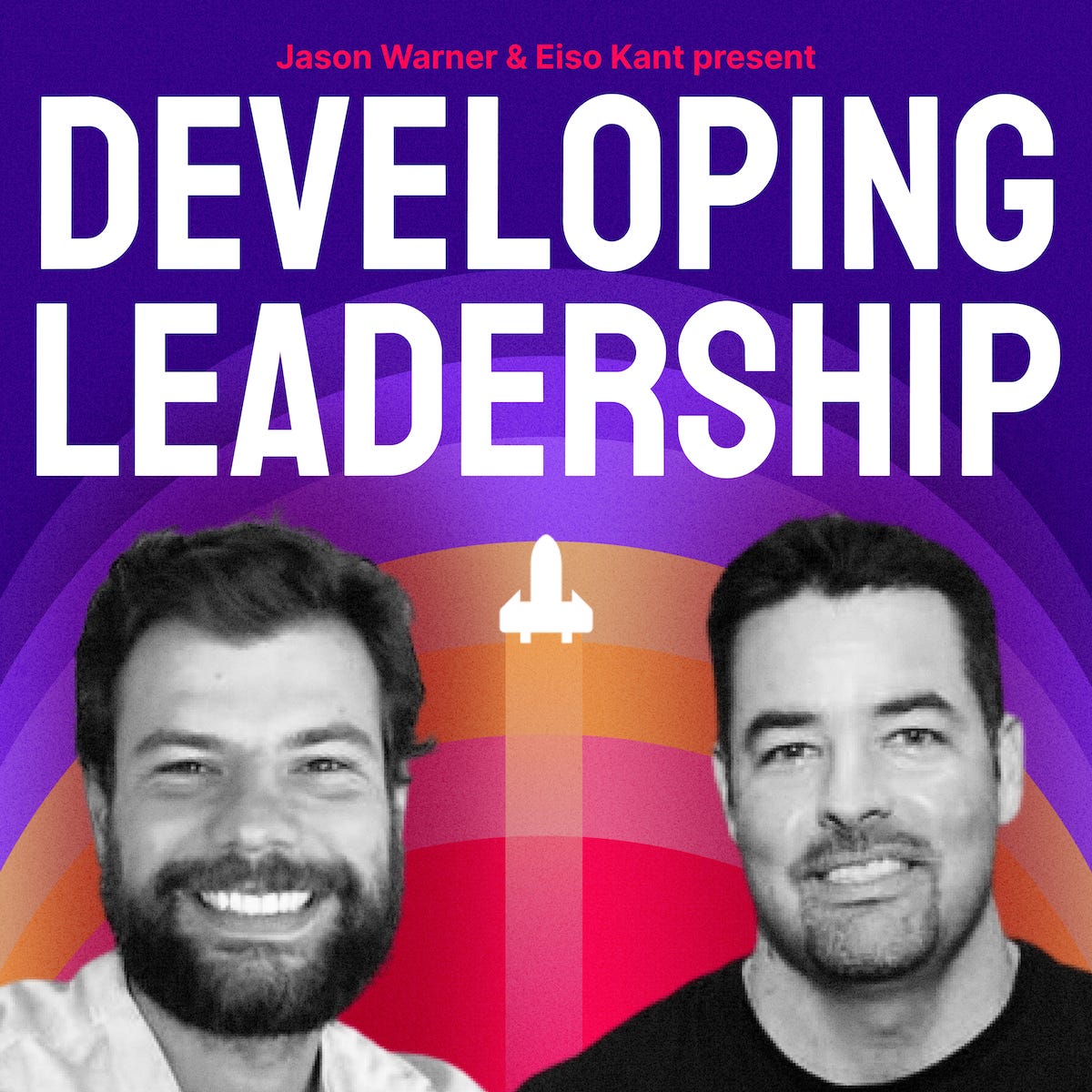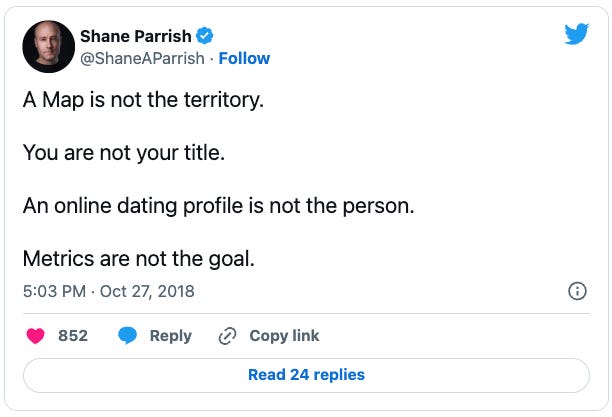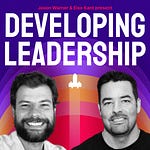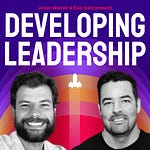Eiso and Jason discuss how engineering leaders can fall into the trap of midwit thinking (the infamous bell curve meme) where they have a surface level understanding of complex topics and use buzzwords to sound knowledgeable.
Why do managers become overly obsessed with specific tools? Why do companies encourage this behavior? What should leaders really be focusing on? Listen and find out!
Here are a few of our favorite moments from the conversation
I think this kind of creeps in for engineering leaders which is, they think that they're doing the right thing for the right reasons, but it's not actually something that is the predominant reason why something could be successful. And it becomes somebody's whole personality or it's a necessity, it's a must, it's an absolute. When, in reality, it's a nice to have, but, ultimately, not the predominant thing.
We need deep specialists and I don't think you become a deep special in something if you don't align your identity with it. I think aligning your identity is what makes you become a specialist. But you need to have the right context.
And when you're losing sight of a set of things and you're going to “your burned down charts don't look correct, that's why you're not shipping more.” I’m like, hang on a second, you've just reduced my entire, ‘not shipping fast enough’ to my burn down charts. I'm gonna have to question whether or not that's true because your entire personality is Scrum.
We make the tools, but we forget what the tools were meant to be for in the first place. I think that a lot of this comes down to whatever the tool we've chosen to make part of our identity, but we can't forget what the intention was in the first place. And it was never to make it your entire life.
💡 Topic Explainers
🧠 The Midwit Meme
The "midwit meme" is a satirical term that gained popularity on social media in recent years. It is typically used to mock people who are perceived as having a moderate level of intelligence or knowledge but who are overly confident in their opinions or beliefs, often to the point of being smug or condescending.
The term "midwit" is a play on words, combining "mid" (meaning average or moderate) with "wit" (meaning intelligence or cleverness). The meme often takes the form of a hypothetical conversation in which a midwit confidently asserts their opinion on a complex or nuanced topic, only to be humbled by someone with a greater level of knowledge or expertise.
While the midwit meme can be seen as a harmless bit of online humor, some critics argue that it reinforces elitism and undermines the importance of critical thinking and open-mindedness. Others argue that it is a necessary corrective to the proliferation of misinformation and pseudo-intellectualism on social media.
🏎 TDD: Test Driven Development
Test Driven Development (TDD) is a software development approach in which developers write automated tests before writing the actual code.
TDD helps catch bugs earlier in the development process, promotes better code quality, and provides a safety net for future changes to the code.
However, TDD is controversial due to the overhead of writing tests, a false sense of security, design bias, and dependency on testing tools.
🚢 Docker Captains
Docker Captains are a group of customers who are recognized by Docker, Inc. for their contributions to the Docker community. They’re chosen based on their expertise in using Docker and their willingness to share their knowledge with others.
Even though Eiso loves Docker, he calls out the company for this concept, as it incentivizes leaders and orgs to become obsessed with the tool (a predominant topic throughout this episode) and how that’s often not what’s best for the organization.
📕 Atomic Habits
Identity-based habits are a concept from James Clear's book "Atomic Habits."
The idea is to build habits by believing that you already have the identity of the person who performs the desired behavior. This way, you're not just changing your actions, but also your sense of self.
For example, if you want to become a runner, you wouldn't just focus on running a certain number of miles each week. You would also focus on becoming the type of person who identifies as a runner and loves running.
Identity-based habits can help create long-term behavior change by shifting your focus from just achieving a goal to developing a deeper sense of self-identity.
This is one of the arguments for adopting certain tools, especially in your personal life, but Jason and Eiso warn about doing this when it comes to you professional life.
🐦 Shane Parrish Tweet
Here is the tweet Eiso mentions in the episode - from The Knowledge Project’s Shane Parrish:
💰 Don’t Good Money After Bad
The phrase "Don't throw good money after bad" is a warning against continuing to invest or spend money on a project or investment that has already proven to be unsuccessful or unprofitable. In other words, it means that it is unwise to keep investing in something that is not producing good results, in the hope that it will eventually turn around.
Instead, it may be better to cut your losses and move on to more promising opportunities. The phrase is often used in business and finance but can also apply to personal finances and decision-making.
Jason uses this concept to advise listeners to focus on their remaining years rather than the years they have already lived.
He compares your remaining years to "good money" that you should invest wisely. The less time you have, the more valuable your remaining years become, so it's important not to waste them on unproductive pursuits, as you would be throwing "good money after bad." In other words, the less time you have, the more expensive your remaining years become, and therefore more valuable, so it's essential to make the most of them.
Join the discussion and follow us on twitter @ devleadership_
Developing Leadership is powered by Athenian. We are introducing a winning approach to engineering metrics that can help you empower your teams to autonomously improve. If you want to learn more, go to athenian.com


